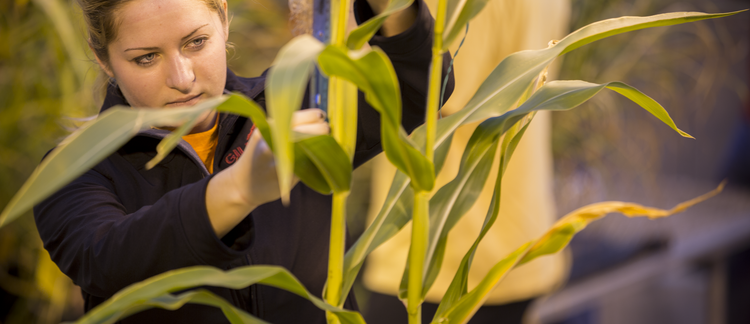Abstract
Since 1990, the American market for organic foods has grown at a rate of 20% per year or more, and is now worth at least $7 billion annually. Price premiums paid to farmers for organically produced crops can increase their value substantially compared with conventionally produced crops. The potential economic advantages for organic production, coupled with increasing concerns about environmental and human health impacts of conventional farming practices, have sparked interest by farmers and researchers in the development of best management practices for organic farming systems.
Keywords: Agronomy
How to Cite:
Liebman, M. Z. & Haden, D., (2004) “Impacts of Rotation Length, Forage Legume Identity, and Composted Manure on Organic Crop Production”, Iowa State University Research and Demonstration Farms Progress Reports 2003(1).
Downloads:
Download pdf
View PDF
261 Views
102 Downloads

